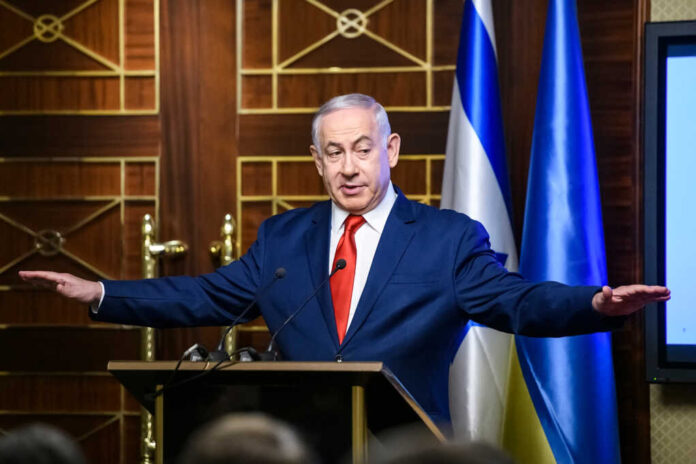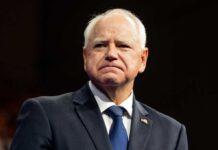
Netanyahu’s growing rift with the Trump administration has exposed Israel’s waning sway over U.S. foreign policy decisions in the Middle East.
At a Glance
- Netanyahu excluded from key U.S. talks on ceasefires and hostages.
- Trump administration eased Syria sanctions and praised Houthis.
- Saudi nuclear talks delinked from Israeli normalization demands.
- Israeli public demands hostage deal, pressuring Netanyahu’s coalition.
- U.S.-Israel ties strained amid diverging agendas and diplomatic snubs.
Bypassed in the Backchannel
Tensions between Israel and the United States surged after Trump’s reelection and a series of foreign policy decisions that left Netanyahu blindsided. Most strikingly, the U.S. negotiated a ceasefire with Yemen’s Iranian-backed Houthis without Israeli involvement—despite the group’s attacks on Israeli territory.
Trump further stoked Israeli fears by easing sanctions on Syria and publicly praising actors viewed by Israel as hostile. His decision to decouple Saudi Arabia’s nuclear energy ambitions from demands to normalize with Israel was interpreted in Jerusalem as a stunning pivot.
Watch a report: Why Trump Froze Out Israel on Mideast Trip.
Netanyahu’s government has responded with confusion and alarm, as long-standing assumptions about unconditional U.S. support come under scrutiny. Analysts say these moves reflect Trump’s intensified “America First” focus, prioritizing quick wins over long-term strategic alignment with Israeli interests.
Domestic Pressure Meets Diplomatic Isolation
Back home, Netanyahu is grappling with an escalating hostage crisis. Families of Israeli hostages have accused him of prolonging the war for political leverage, deepening fissures in his coalition. A growing segment of Israelis favors ending military operations in Gaza in exchange for a hostage deal, even if it means ceding ground.
Trump has also voiced public optimism about a peaceful resolution, applauding hostage releases, further isolating Netanyahu politically. With his popularity eroding and coalition partners uneasy, Netanyahu faces tough choices: pursue reconciliation with Washington or double down on nationalist rhetoric to hold his fragile alliance together.
Commentators such as Alon Pinkas warn, “If he wants Trump back on his side, then he needs to do things that would cost him the coalition.”
Strategic Realignment
Netanyahu’s options appear limited as the Trump administration charts a new, unpredictable course in the region. From softening its stance on Iran to preparing a high-stakes visit to Saudi Arabia, Washington is signaling that Israeli priorities no longer dictate U.S. diplomacy.
Shalom Lipner, a veteran of Israeli-U.S. relations, captured the growing friction: “Trump and Netanyahu are exasperated with each other—each feeling that their concerns and objectives are under-appreciated by the other.”
Public sentiment in the U.S. is also shifting. Recent polling shows declining Republican enthusiasm for Israel, challenging one of Netanyahu’s key diplomatic assumptions. Mitchell Barak noted, “Until now Israel had tremendous influence… but no longer.”
As both leaders bristle at perceived slights and missed signals, the once-unshakable bond between Jerusalem and Washington is at its weakest in decades. Whether these cracks deepen or heal may depend on Netanyahu’s next move—and Trump’s next tweet.





























